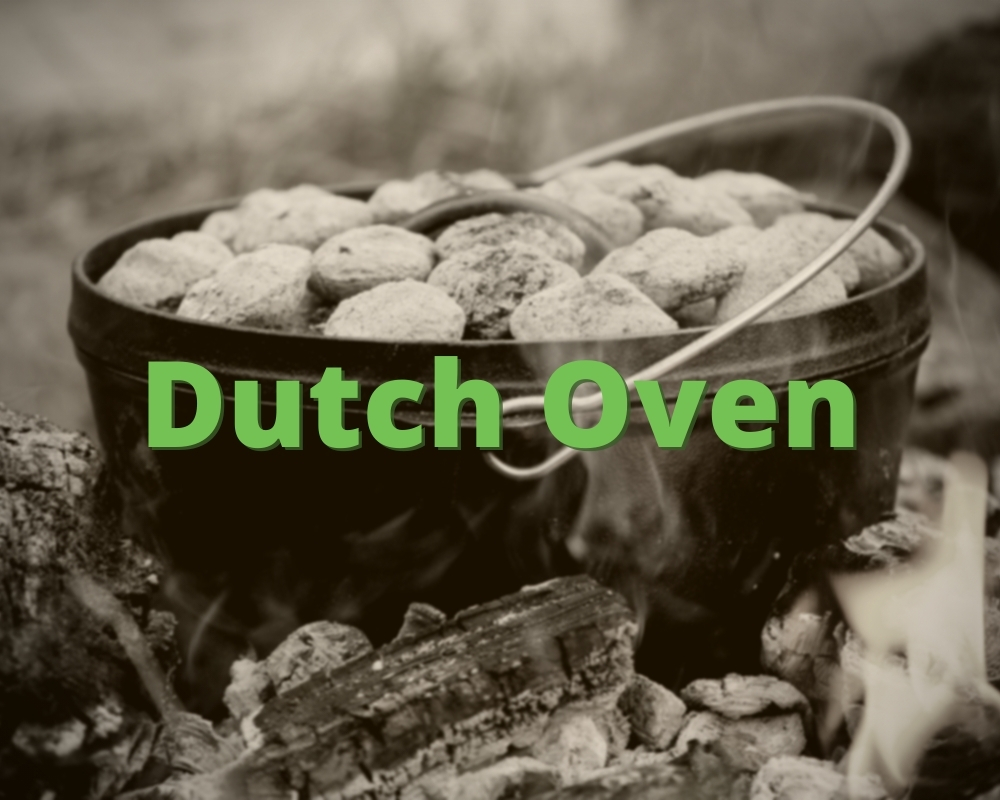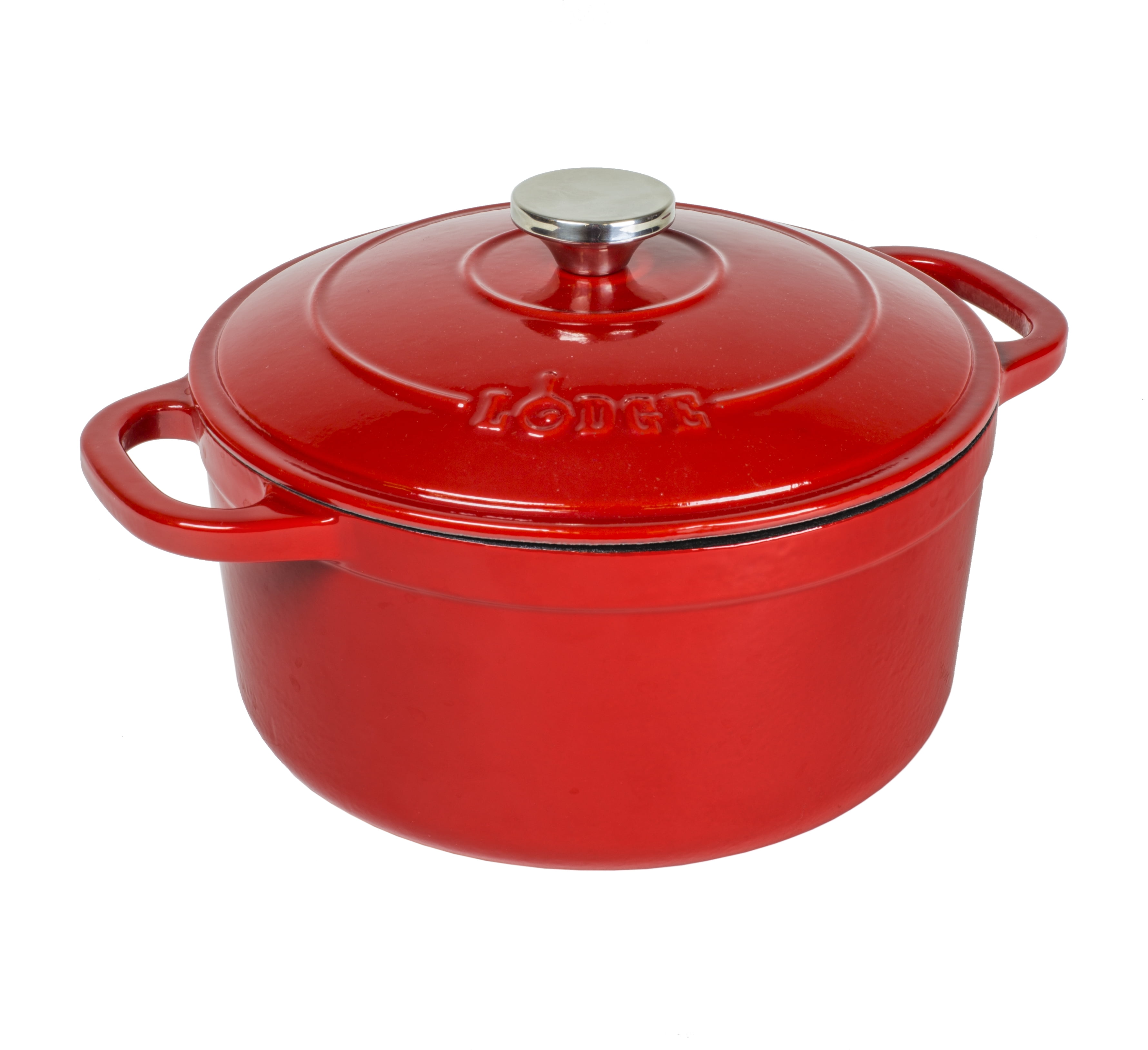Let’s talk about something that’s been simmering in the relationship saucepan for ages: the dutch oven someone meaning. Now, before you grab your cast iron skillet or start daydreaming about baking bread, let’s get one thing straight—this isn’t about cooking. Nope, this is about relationships, and it’s spicy, personal, and worth diving into. So, buckle up, because we’re about to unravel the mystery behind this intriguing phrase.
You might’ve heard the term tossed around in conversations, memes, or even whispered in a friend group chat. It’s one of those phrases that sounds simple but carries layers of meaning. Think of it like an onion—peel back the layers, and you’ll find something surprisingly deep. So, what exactly does "dutch oven someone" mean? Stick around, because we’re about to break it down in a way that’ll make your mind sizzle.
Here’s the deal: the dutch oven someone meaning isn’t just about love—it’s about boundaries, respect, and the little things that make relationships work. Whether you’re in a serious partnership or just exploring the dating scene, understanding this concept can change the way you approach connections. Ready to dive in? Let’s go!
Read also:Bruce Oppenheim The Unsung Hero Of Modern Music Production
Here's a quick table of contents to help you navigate:
- Biography
- What is Dutch Oven Someone?
- The Origins of Dutch Oven Someone
- Dutch Oven Someone vs. Other Relationship Concepts
- Why It Matters in Modern Relationships
- How to Identify a Dutch Oven Someone
- Benefits of Being a Dutch Oven Someone
- Challenges of Being a Dutch Oven Someone
- Tips for Becoming a Dutch Oven Someone
- Real-Life Examples of Dutch Oven Someone
- Conclusion: Why Dutch Oven Someone Matters
Biography
Before we dive deep into the concept, let’s take a moment to understand where this phrase comes from. While "dutch oven someone" isn’t a person per se, it’s worth noting the cultural and historical significance of the term. Here’s a quick breakdown:
| Term | Dutch Oven Someone |
|---|---|
| Origin | Internet slang, dating culture |
| Meaning | A person who provides warmth, comfort, and support in a relationship |
| Popularity | Gained traction in the early 2010s, especially on social media platforms |
| Key Traits | Empathy, loyalty, reliability, emotional support |
What is Dutch Oven Someone?
Alright, let’s get to the heart of the matter. A dutch oven someone is essentially a person who makes you feel warm, safe, and secure in a relationship. Think of them as the ultimate emotional support system—the kind of partner who wraps you in a cozy blanket when life gets cold and unpredictable.
This phrase draws inspiration from the dutch oven itself, which is known for its ability to retain heat and cook food evenly. Similarly, a dutch oven someone radiates warmth and consistency in their relationships. They’re the kind of person who sticks by you through thick and thin, offering comfort and understanding when you need it most.
Here are some key characteristics of a dutch oven someone:
- They prioritize emotional well-being.
- They’re reliable and trustworthy.
- They create a safe space for vulnerability.
- They value long-term connection over fleeting moments.
Why the Dutch Oven Analogy Works
The analogy works because a dutch oven is more than just a cooking tool—it’s a symbol of nourishment and care. Just as a dutch oven slowly cooks food to perfection, a dutch oven someone nurtures relationships with patience and intention. It’s not about quick fixes or surface-level interactions; it’s about building something meaningful over time.
Read also:Pierre Poilievre Height And Weight Everything You Need To Know About The Canadian Politician
The Origins of Dutch Oven Someone
Now, let’s rewind a bit and explore the origins of this phrase. Like many internet slang terms, "dutch oven someone" likely emerged from conversations on social media platforms like Reddit, Tumblr, and Twitter. It gained traction as people sought ways to describe the ideal partner—one who provides emotional warmth and stability.
Interestingly, the term resonated with many because it taps into universal human desires: the need for connection, comfort, and understanding. In a world where relationships can feel transactional or superficial, the idea of a dutch oven someone offers a refreshing alternative—a partner who prioritizes depth over flashiness.
According to a 2021 survey conducted by Match.com, 75% of respondents said they value emotional support over physical attraction in a partner. This statistic underscores the growing importance of traits associated with being a dutch oven someone.
Dutch Oven Someone vs. Other Relationship Concepts
While the dutch oven someone concept is unique, it’s worth comparing it to other relationship terms. Here’s how it stacks up:
- Soft Boi: A soft boi is someone who embraces vulnerability and emotional intelligence. While there’s overlap with the dutch oven someone, the latter focuses more on long-term warmth and consistency.
- Prince Charming: This classic fairy tale figure represents romantic idealism. In contrast, a dutch oven someone is grounded in reality and prioritizes practical support over grand gestures.
- Toxic Partner: Needless to say, a dutch oven someone is the polar opposite of a toxic partner. While toxic relationships drain energy, dutch oven relationships build it.
What Sets Dutch Oven Someone Apart
The key difference lies in intentionality. A dutch oven someone doesn’t just show up for the highs; they’re there for the lows too. They understand that relationships require effort, compromise, and a willingness to grow together.
Why It Matters in Modern Relationships
In today’s fast-paced world, relationships often feel rushed or shallow. People swipe left and right, seeking instant gratification rather than long-term connection. Enter the dutch oven someone—a breath of fresh air in a sea of superficiality.
Research from the American Psychological Association suggests that emotional support is one of the most critical factors in maintaining healthy relationships. By embodying the qualities of a dutch oven someone, individuals can create deeper, more meaningful connections with their partners.
Here’s why it matters:
- It fosters trust and security.
- It encourages open communication.
- It promotes emotional resilience.
How to Identify a Dutch Oven Someone
Not sure if someone in your life qualifies as a dutch oven partner? Here are some telltale signs:
- They listen actively and validate your feelings.
- They show up for you, even when it’s inconvenient.
- They’re patient and understanding during conflicts.
- They prioritize your well-being alongside their own.
Of course, no one is perfect, and even the best partners have flaws. The key is consistency—if someone consistently demonstrates these traits, they’re likely a dutch oven someone.
Red Flags to Watch For
While identifying a dutch oven someone is important, it’s equally crucial to recognize red flags. If someone only shows up when it benefits them or avoids difficult conversations, they might not be the real deal.
Benefits of Being a Dutch Oven Someone
Being a dutch oven someone isn’t just about helping others—it’s also about personal growth. Here are some benefits:
- Improved emotional intelligence.
- Stronger, more fulfilling relationships.
- Increased self-awareness.
By focusing on warmth and empathy, you cultivate a mindset that benefits both you and your partner. Plus, who doesn’t love being known as the go-to person for comfort and support?
Challenges of Being a Dutch Oven Someone
Of course, being a dutch oven someone isn’t without its challenges. Here are a few potential pitfalls:
- Boundary issues: You might find yourself overextending yourself to help others.
- Emotional burnout: Constantly giving emotional support can take a toll if you don’t prioritize self-care.
- Misunderstandings: Some people may mistake your kindness for weakness.
It’s essential to strike a balance. While being a dutch oven someone is admirable, it’s equally important to set boundaries and take care of yourself.
Tips for Becoming a Dutch Oven Someone
Ready to embrace the dutch oven lifestyle? Here are some actionable tips:
- Practice active listening in conversations.
- Offer support without expecting anything in return.
- Be patient and understanding during disagreements.
- Communicate openly and honestly with your partner.
Remember, becoming a dutch oven someone isn’t about being perfect—it’s about being present. Start small, and watch your relationships flourish.
Real-Life Examples of Dutch Oven Someone
Let’s bring this concept to life with a few real-world examples:
Example 1: Sarah and Jake have been together for five years. Whenever Sarah has a bad day, Jake makes her favorite dinner and sits with her while she talks through her feelings. He doesn’t offer solutions right away; he simply listens and validates her emotions.
Example 2: Alex is a busy professional, but when his partner’s car breaks down, he drops everything to help. He doesn’t complain or make it about himself—he just shows up and fixes the problem.
These examples illustrate the essence of being a dutch oven someone: showing up, being supportive, and creating a safe space for vulnerability.
Conclusion: Why Dutch Oven Someone Matters
In a world where relationships can feel fleeting and superficial, the concept of a dutch oven someone offers a refreshing alternative. By prioritizing warmth, consistency, and emotional support, individuals can build deeper, more meaningful connections with their partners.
So, whether you’re already a dutch oven someone or aspiring to be one, remember this: relationships thrive when both parties feel seen, heard, and valued. Take the time to nurture your connections, and watch them grow stronger over time.
Now, it’s your turn. Are you a dutch oven someone? Do you know someone who fits the description? Leave a comment below and let’s keep the conversation going. And hey, if you found this article helpful, don’t forget to share it with your friends—it’s the dutch oven thing to do!


